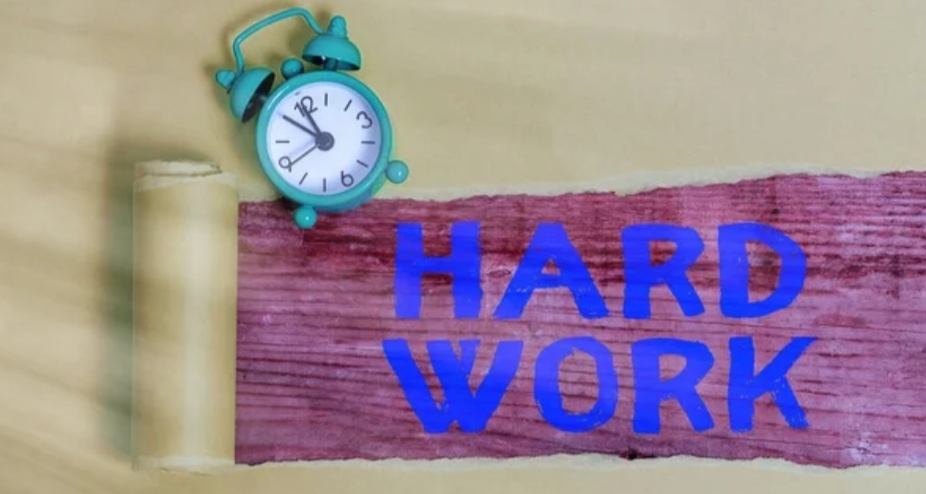
In a world that often celebrates success loudly and publicly, the quieter side of achievement—the unrecognized effort—remains an often-ignored reality. Whether in a workplace, in academia, in personal relationships, or within our communities, we may find ourselves pouring our heart and soul into projects, tasks, or even informal acts of kindness, only to feel that our efforts have fallen on deaf ears. The feeling can range from mild disappointment to a profound sense of discouragement, prompting us to question our worth, our capabilities, and sometimes even our motivations.
The Invisible Labor
The term “invisible labor” has gained traction in recent discussions about work and personal life. It refers to the essential tasks that keep organizations, homes, and communities functioning, but go unacknowledged. This includes everything from behind-the-scenes planning and organization to emotional support and caregiving. While these contributions may not always be visible, they are crucial for the success of any collective effort. When such labor goes unnoticed, it can lead to feelings of resentment and frustration.
The Emotional Toll
Unrecognized efforts can take a significant emotional toll on individuals. When people invest time and energy into something they care about, they often do so with the hope of being appreciated. The absence of acknowledgment can lead to feelings of isolation and self-doubt. Questions like “Am I doing enough?” or “Is this worth my time?” can surface, leading to a cycle of negative self-assessment.
Moreover, the lack of recognition can stifle motivation. While intrinsic motivation—driven by personal satisfaction and a sense of purpose—can sustain us to some extent, the desire for external validation is a fundamental human need. When our contributions remain unrecognized, we may become disengaged, impacting both our performance and our overall well-being.
The Impact on Relationships
In personal relationships, unacknowledged efforts can lead to misunderstandings and conflict. Partners may feel that their sacrifices, big or small, are taken for granted. In workplaces, the absence of recognition can create a disengaged workforce, diminishing morale and increasing turnover rates. For leaders, it’s essential to cultivate a culture of appreciation, where every team member feels valued for their contributions, no matter how small they may seem.
Cultivating Self-Awareness
When faced with the reality of unrecognized efforts, it’s crucial to cultivate self-awareness. Here are a few strategies to help navigate these feelings:
- Acknowledge Your Efforts: Take time to reflect on your achievements, even if they are not recognized by others. Keeping a journal can help you track your contributions and remind you of your capabilities.
- Seek Constructive Feedback: Sometimes it takes asking the right questions to uncover how others perceive your efforts. Feedback can provide insights that may not be immediately visible.
- Communicate Your Needs: Don’t be afraid to express your desires for recognition. Oftentimes, people are unaware of what you need until you articulate it.
- Set Personal Goals: Shift your focus from external validation to personal growth. Set goals that matter to you, and measure your success by your own standards.
- Offer Recognition to Others: Sometimes, the best way to receive recognition is to give it. Acknowledge the efforts of others, and you may inspire a culture that values appreciation and gratitude.
- Reevaluate Your Environment: If the lack of recognition is chronic, it may be worth reassessing your environment. Surround yourself with people and communities that value and celebrate each other’s contributions.
While it’s natural to crave recognition for our efforts, it is equally important to cultivate resilience in the face of unacknowledged contributions. By focusing on intrinsic motivation, maintaining self-awareness, and fostering open communication, we can find fulfillment even when our efforts go unnoticed. Ultimately, we must remember that the value of our efforts is not solely determined by recognition but by the impact they make, however hidden or subtle it may be. In nurturing our own appreciation and validation, we not only empower ourselves but also contribute to a culture where efforts—seen and unseen—are celebrated.







